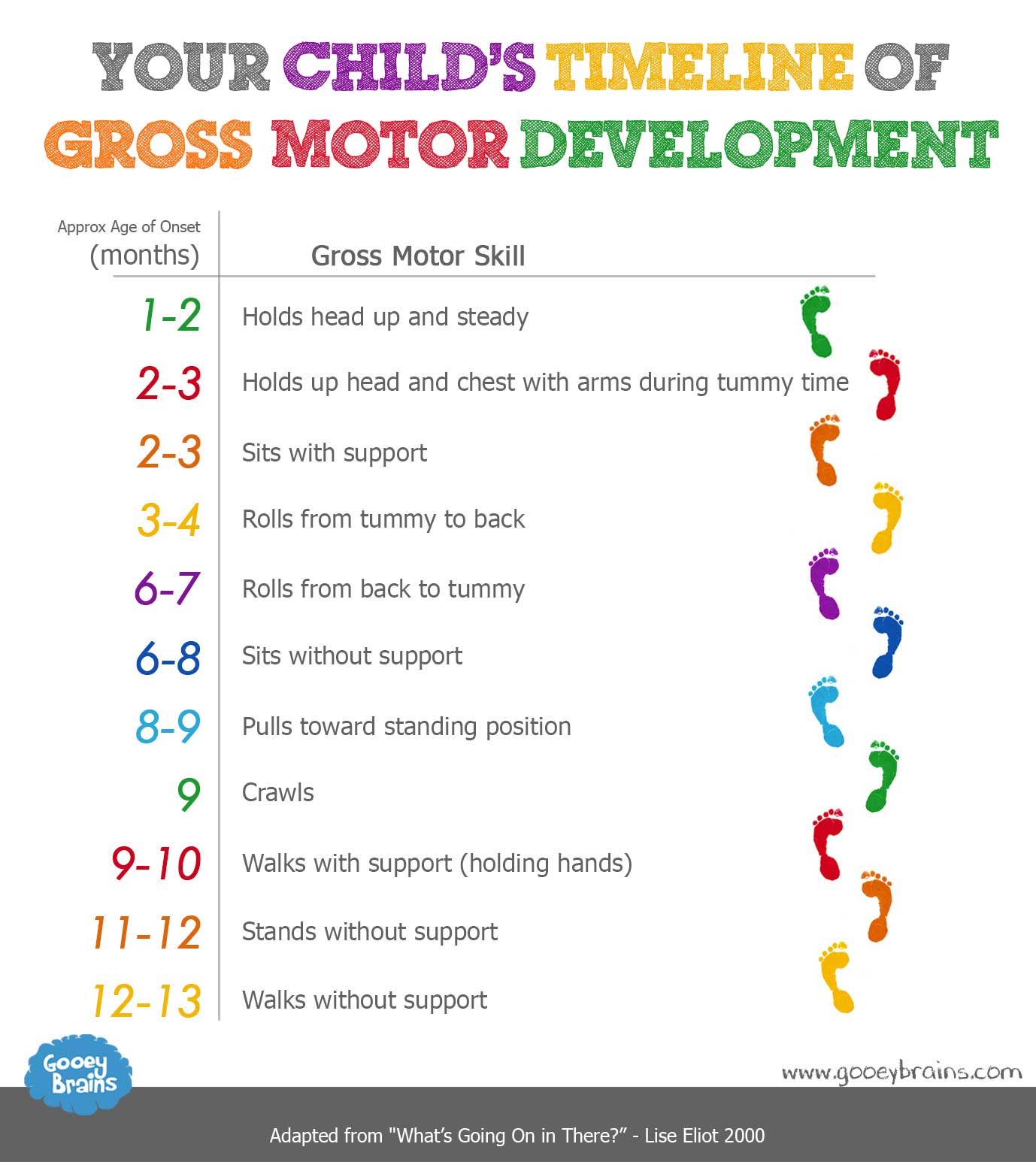 Source: bing.com
Source: bing.comTable of Contents
Introduction
Congratulations on your baby! As a new parent, you might be wondering what to expect in terms of your baby’s development. One of the key areas of development is motor skills, which refer to the ability to move and control muscles. In this article, we will cover everything you need to know about baby development motor skills.
Developmental Milestones
Babies go through different stages of motor development, starting with reflexes and progressing towards more complex movements. Here are some of the key milestones to look out for:- 1-2 months: Babies can lift their heads briefly during tummy time and may begin to kick and wave arms.- 3-4 months: Babies can hold their head steady and may begin to roll from tummy to back or back to tummy. They also start to reach for objects and bring them to their mouth.- 5-6 months: Babies can sit with support and may begin to sit unassisted for a few seconds. They also start to control their movements and reach for objects with better accuracy.- 7-9 months: Babies can crawl or move around on their belly, pull themselves up to standing, and begin to cruise (move sideways while holding onto furniture). They also start to develop a pincer grasp, where they pick up objects between their thumb and index finger.- 10-12 months: Babies can stand independently and may take their first steps. They also begin to use objects purposefully, such as waving goodbye or banging toys together.It’s important to remember that every baby develops at their own pace, so don’t worry if your baby doesn’t hit these milestones exactly as described.
Supporting Your Baby’s Motor Development
As a parent, there are many ways you can support your baby’s motor development:- Tummy time: Encourage your baby to spend time on their tummy to strengthen their neck, back, and arm muscles. Start with short periods of time and gradually increase as they get stronger.- Reach and grasp: Provide your baby with safe toys and objects to reach for and grasp. This helps to develop hand-eye coordination and fine motor skills.- Crawling: Give your baby plenty of opportunities to crawl and explore their environment. Crawling helps to build core strength and coordination.- Play: Play with your baby and encourage them to try different movements, such as rolling, sitting, and standing. This helps to build confidence and skill.
When to Seek Help
While every baby develops at their own pace, there are some signs that may indicate a delay in motor development. These include:- Lack of progress: If your baby doesn’t seem to be making progress or achieving milestones over time.- Uneven development: If your baby is developing in some areas, but not others.- Unusual movements: If your baby has stiff or floppy movements, or seems to favor one side of their body.- Other concerns: If you have any other concerns about your baby’s development, such as difficulty feeding or sleeping.If you notice any of these signs, talk to your pediatrician. They can assess your baby’s development and provide any necessary referrals or interventions.
Frequently Asked Questions
Q: Can I do anything to prevent motor delays?
A: While some motor delays are caused by underlying medical conditions, many can be prevented by providing your baby with plenty of opportunities to move and explore their environment. Q: Is it normal for babies to develop at different rates?
A: Yes, every baby develops at their own pace. It’s important to focus on your baby’s individual progress rather than comparing them to others.Q: What if my baby isn’t crawling yet?
A: Crawling is an important developmental milestone, but it’s not essential for every baby. Some babies may skip crawling altogether and go straight to standing and walking.Q: Can I overstimulate my baby’s motor development?
A: It’s unlikely that you can overstimulate your baby’s motor development. Babies need plenty of opportunities to move and explore their environment in order to develop their muscles and coordination.Q: What should I do if I’m concerned about my baby’s motor development?
A: If you have any concerns about your baby’s motor development, talk to your pediatrician. They can assess your baby’s development and provide any necessary referrals or interventions.In conclusion, baby development motor skills are an important area of your baby’s growth and development. By providing your baby with plenty of opportunities to move and explore, you can support their progress towards important milestones. If you have any concerns about your baby’s motor development, don’t hesitate to talk to your pediatrician. They can provide guidance and support to help your baby reach their full potential.
